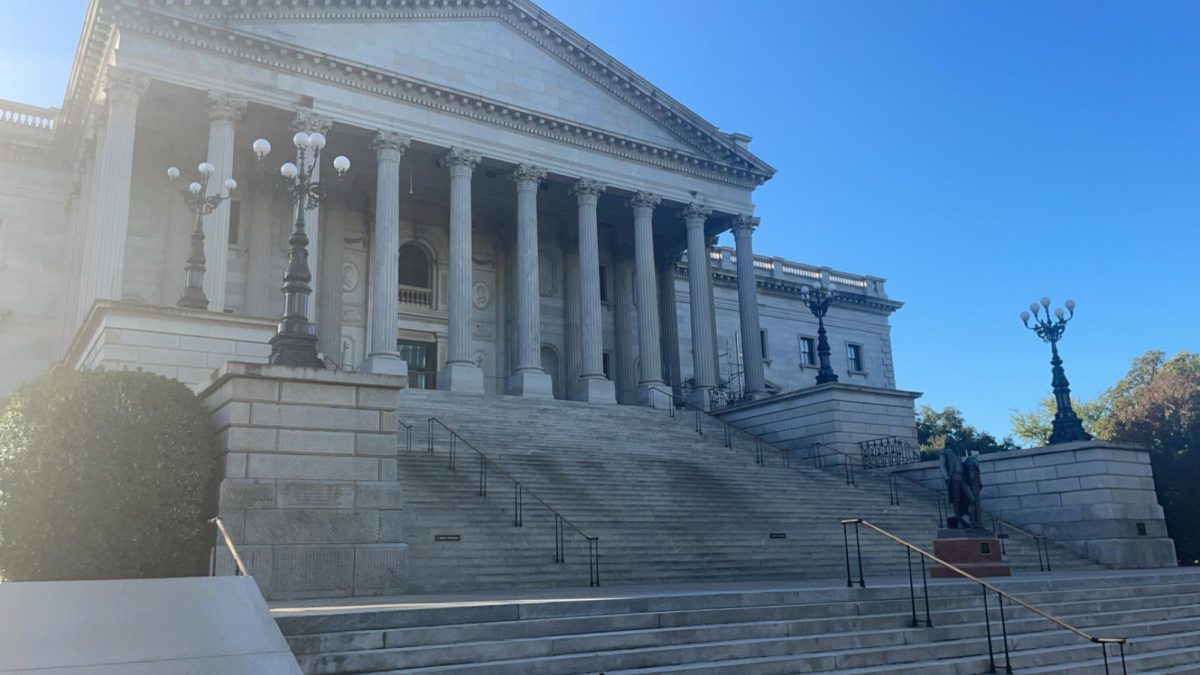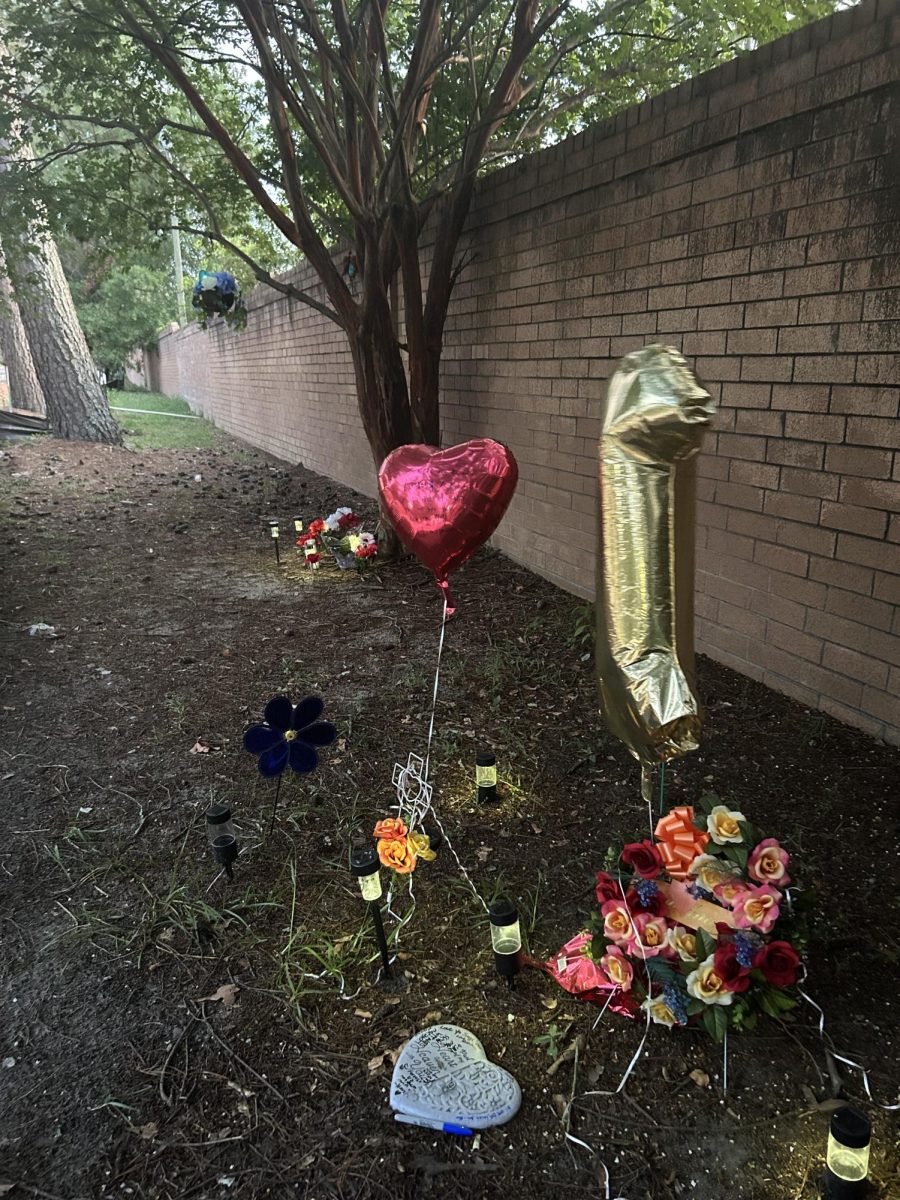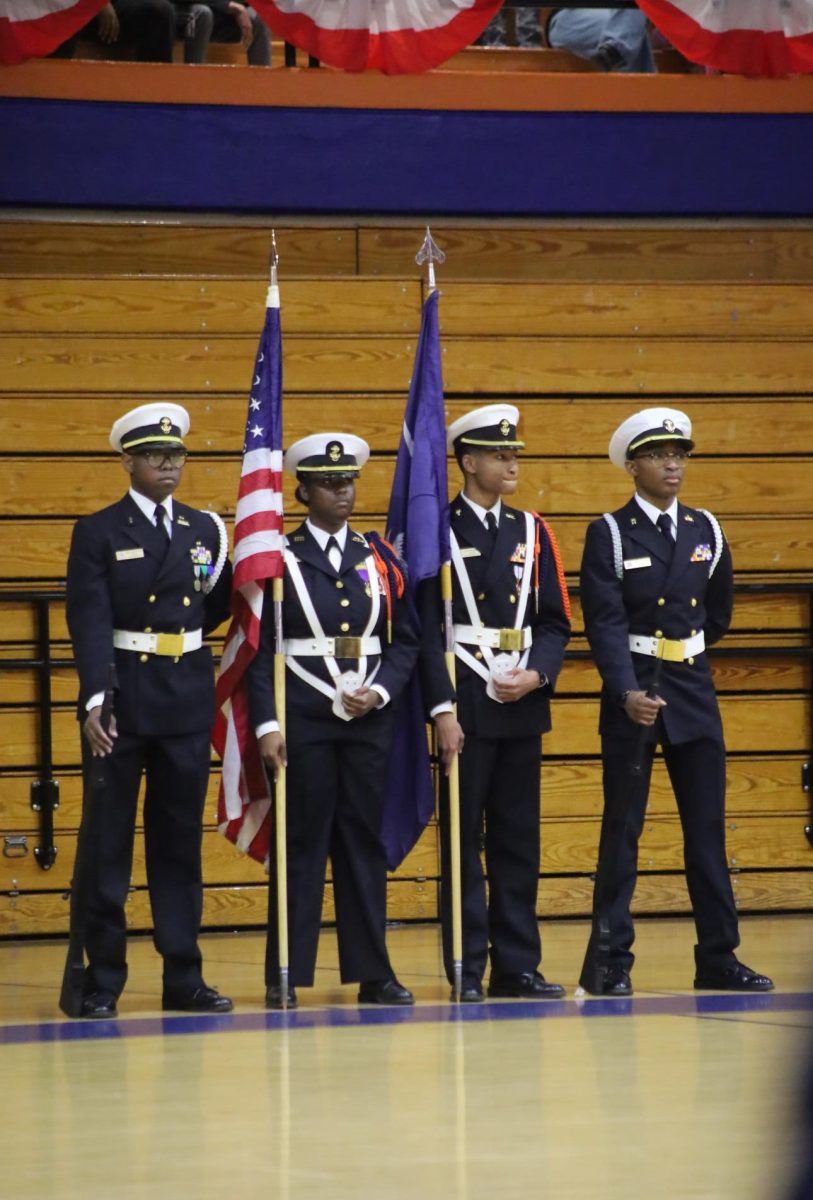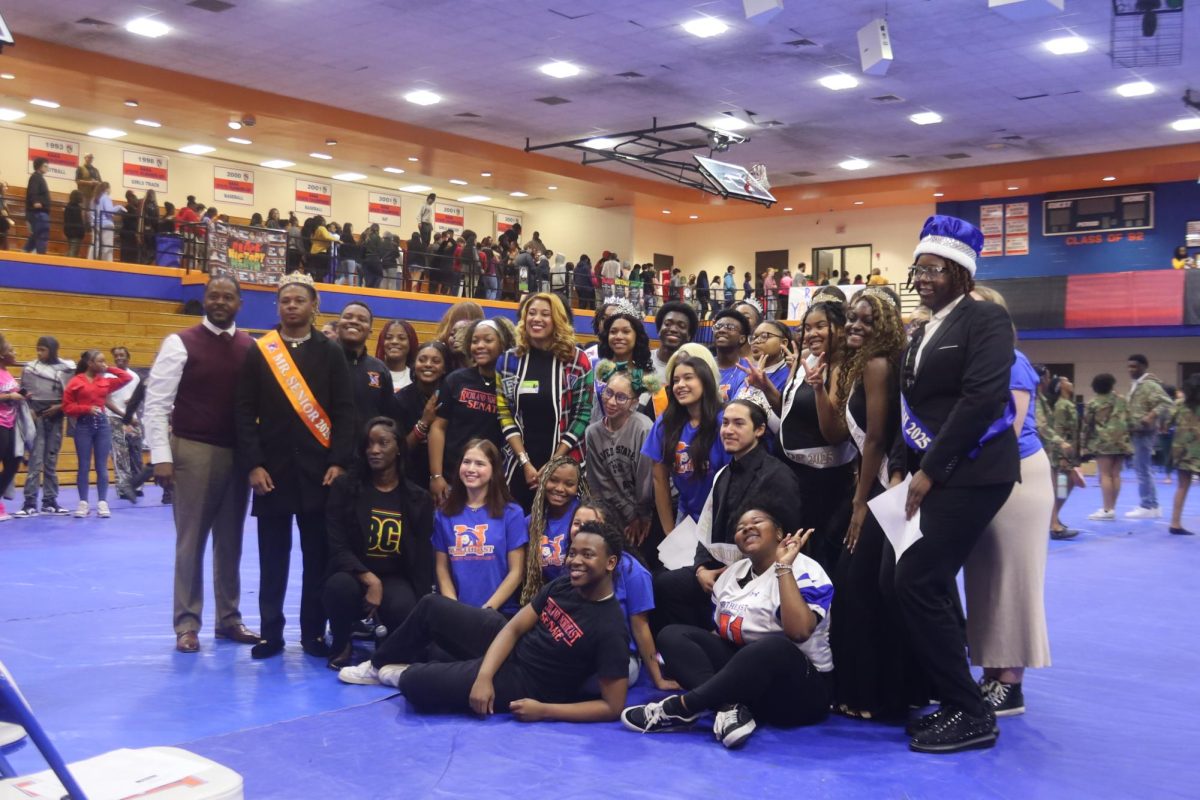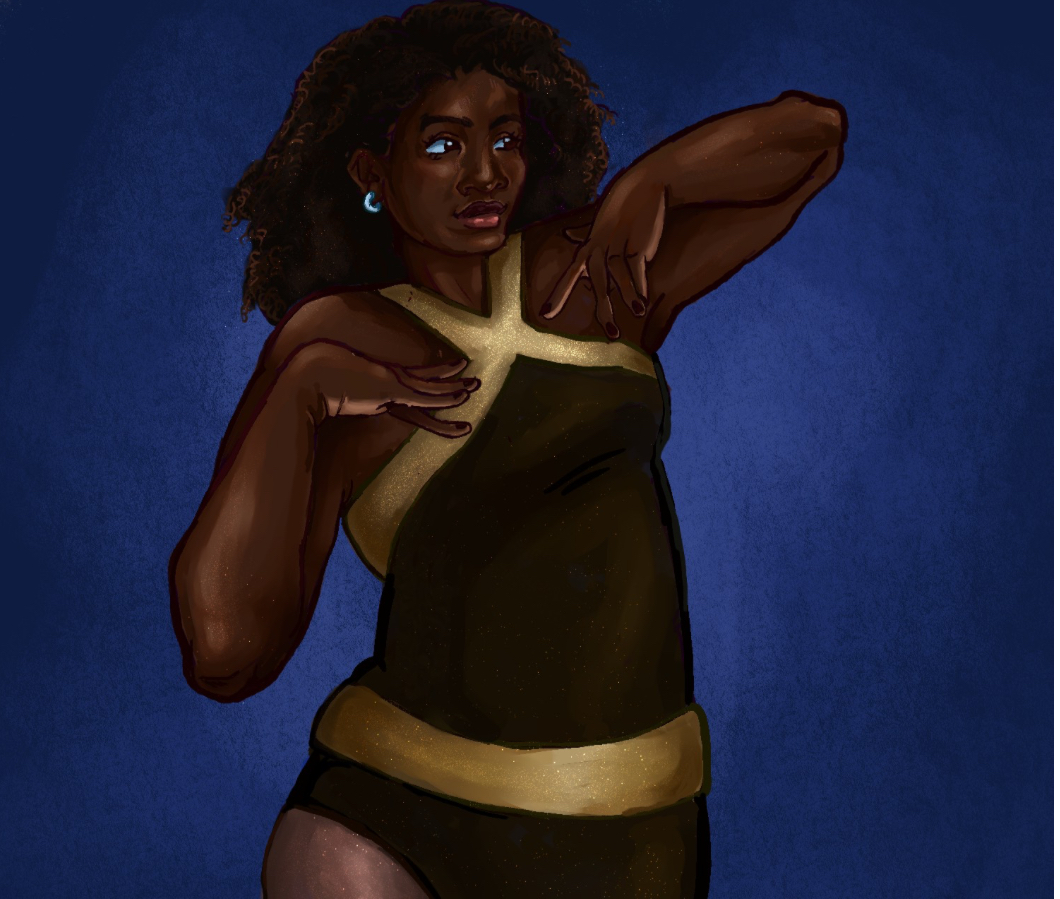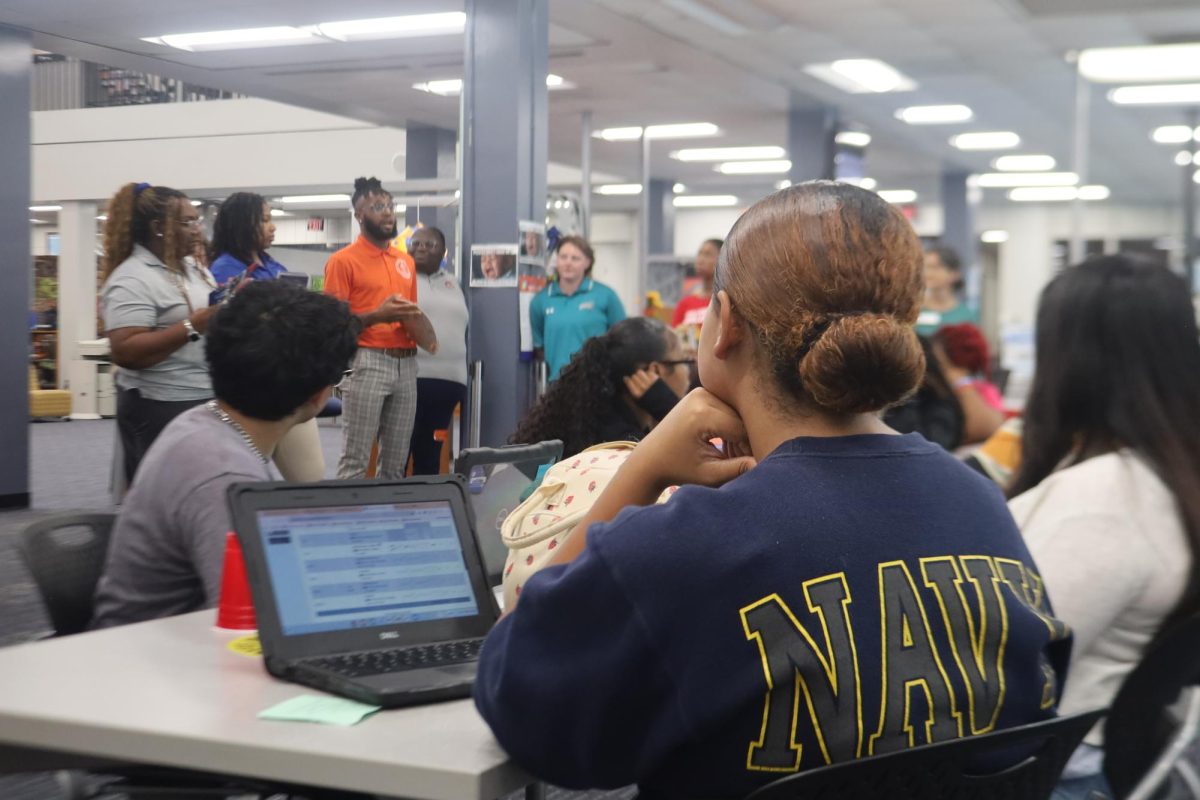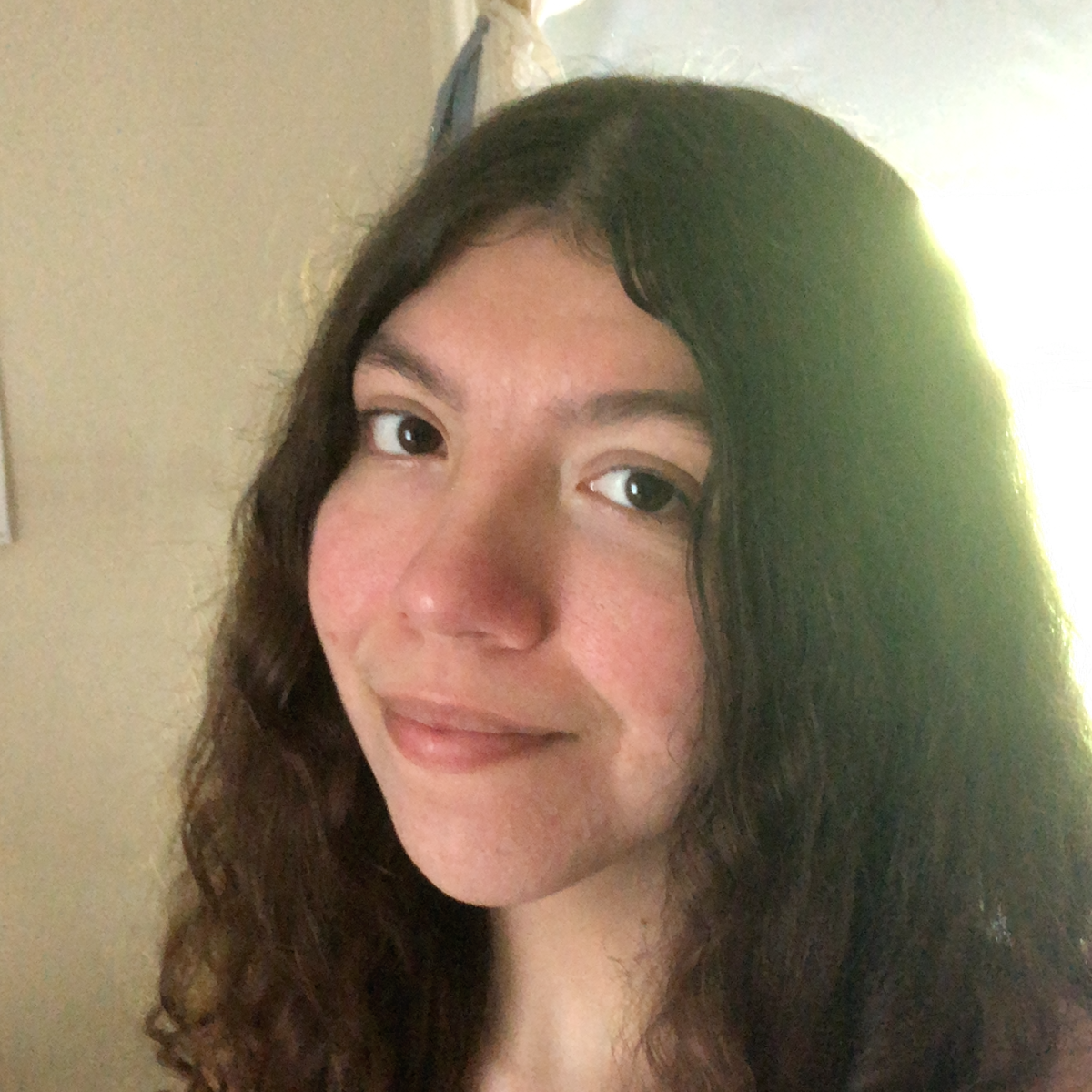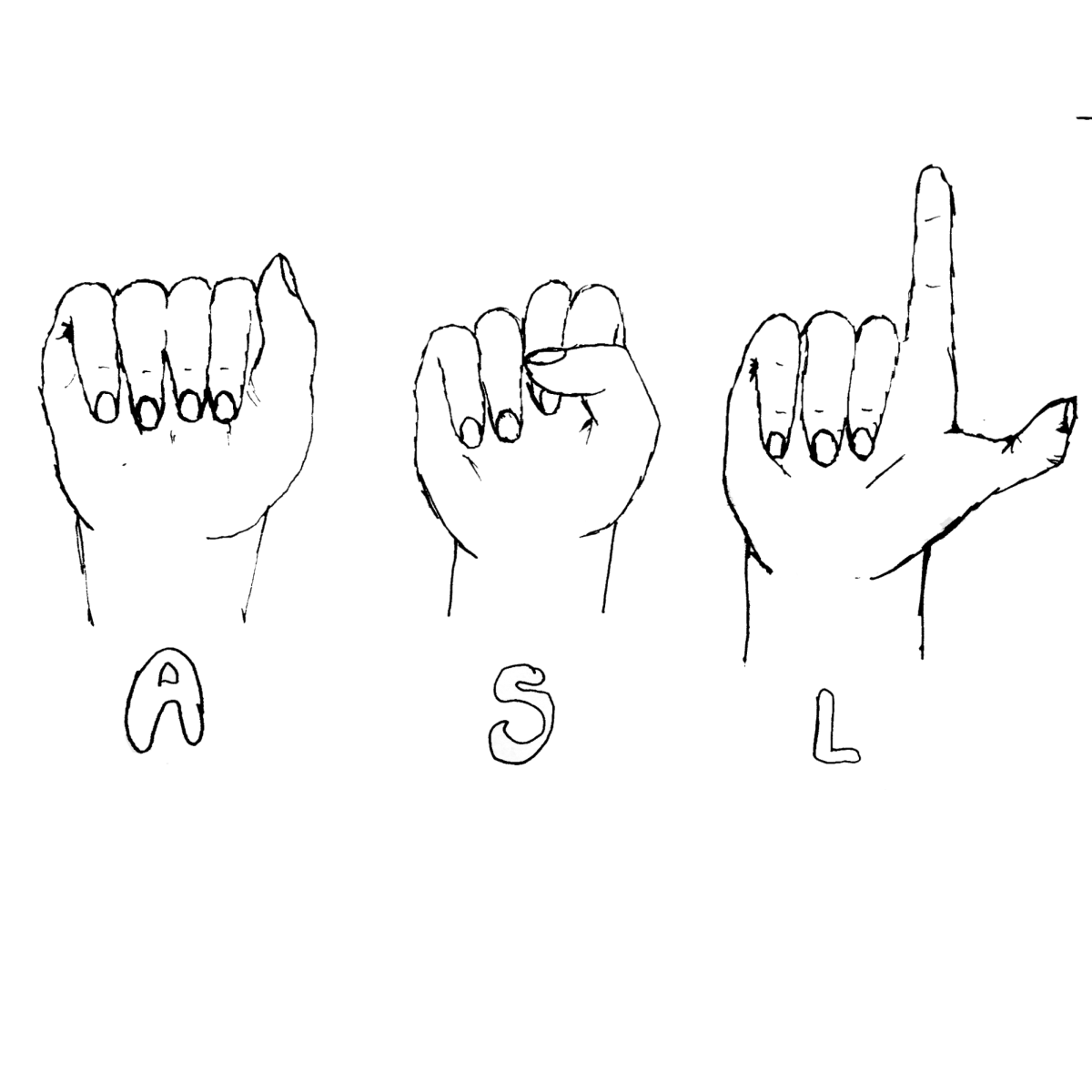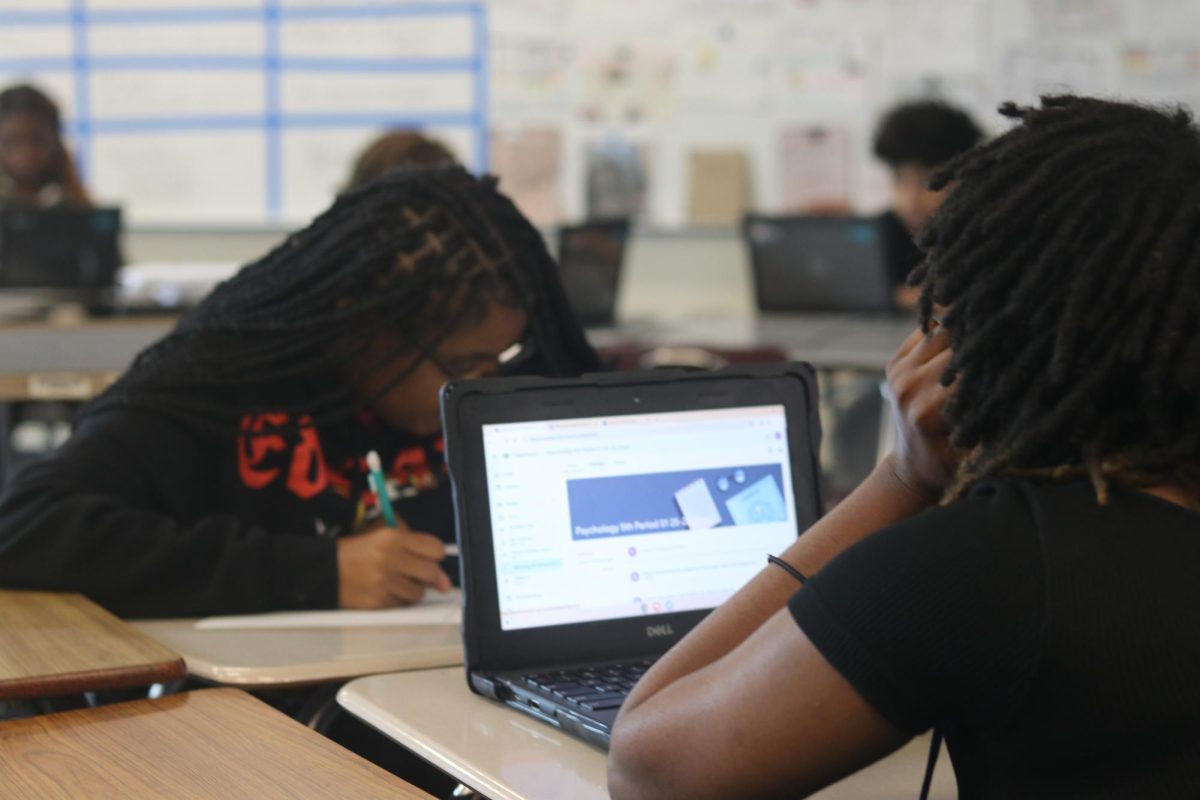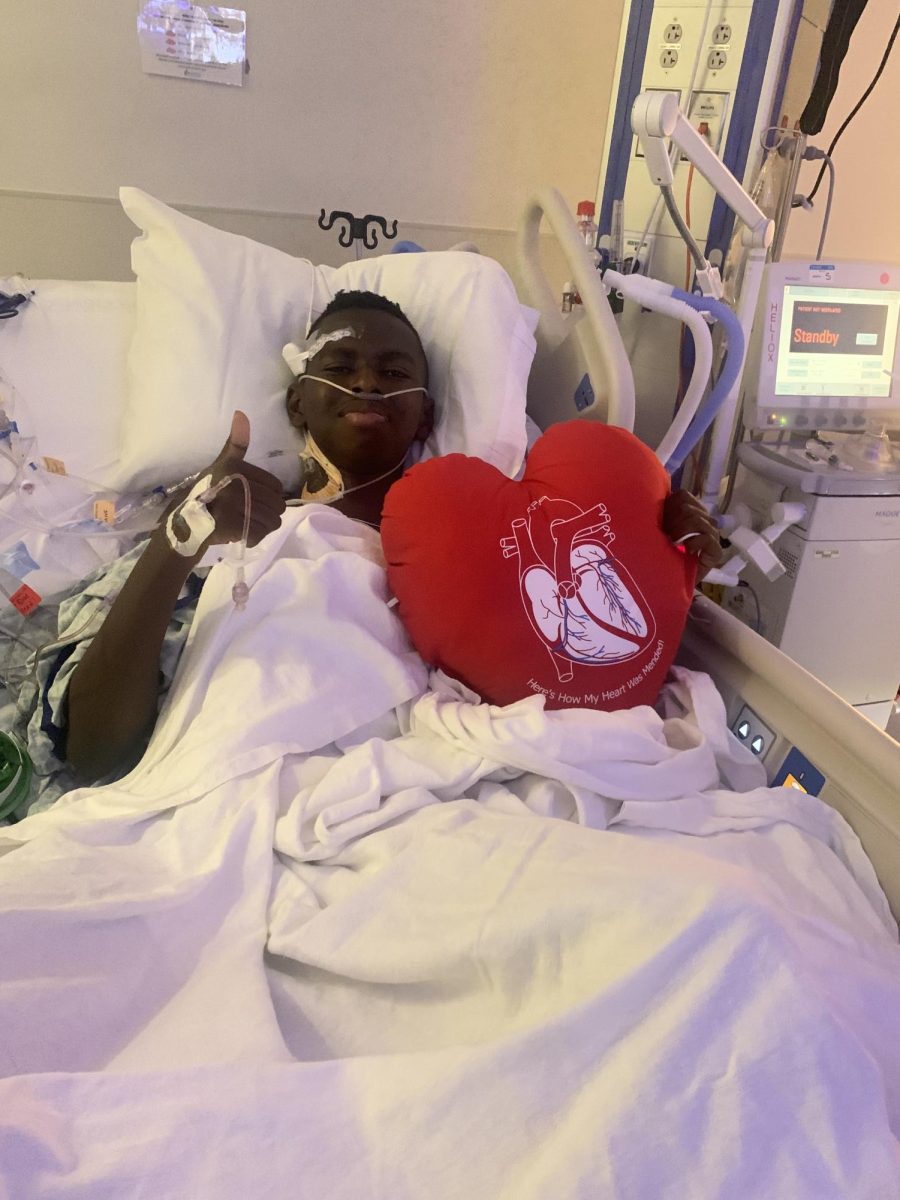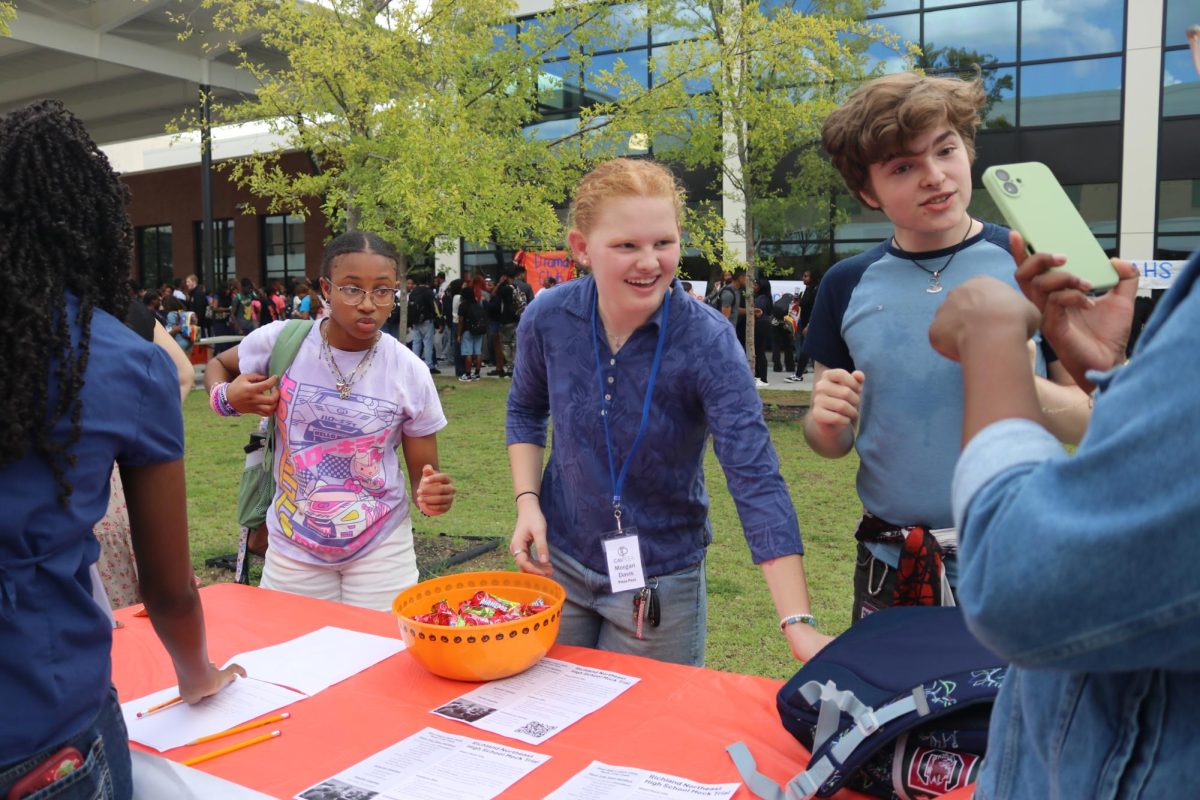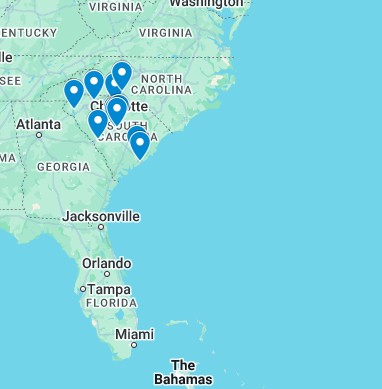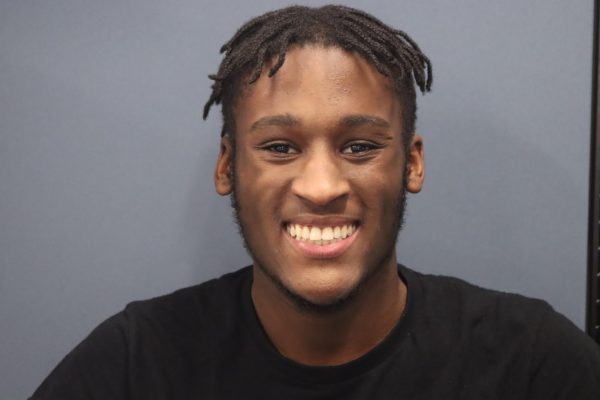On Thursday, Oct. 30, I was one of three students chosen to represent the school at the 2024 South Carolina Legislative Black Caucus Youth Legislative Conference. When we arrived at the State House, I was impressed by how detailed and historic the building looked. We went inside the Solomon Blatt Building where we met Representatives Ivory Thigpen, Annie McDaniel, Jermaine Johnson, as well as students from other schools. They welcomed us and gave us a light breakfast before introducing the representatives who would guide us throughout the day.
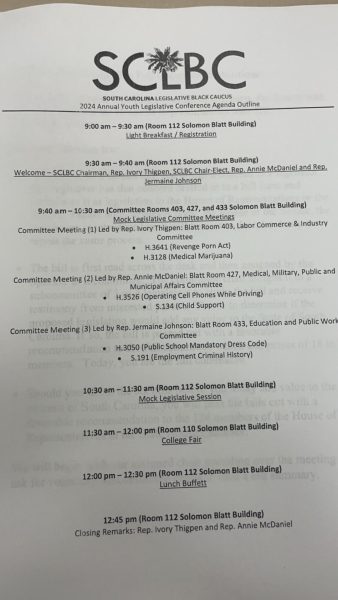
They explained how a federal bill becomes a law. It starts with a concern from a civilian. Then the bill gets drafted, introduced, and goes through several steps: committee review, subcommittee review, amendments, voting, and referral to the other chamber. The final step is when the President signs the bill into law.
After the introductions, we were split into three groups, each assigned two bills to discuss, each group representing a subcommittee. I was placed in Group Three, and Representative Jermaine Johnson was our mentor. The two bills we discussed were H.3050 (Public School Mandatory Dress Code) and S.191 (Employment and Criminal History). We had to pick a chairperson to lead our group, and once that was settled, we started debating the bills.
The discussion got heated at times as everyone shared their opinions and we tried to figure out the best solution. We couldn’t always agree, and controlled arguments broke out. It was interesting to see how the debate process worked, with everyone allowed to speak as long as the chair gave permission. We made several amendments to both bills and after every change, we had to vote on whether we agreed or disagreed. The process was a lot like how the real legislative branch works, but much faster.
Once our group agreed on both bills, we joined the other groups for a bigger “house” meeting, where we would discuss all six bills. The other four bills were H.3641 (Revenge Porn Act), H.3128 (Medical Marijuana), H.3526 (Operating Cell Phones While Driving), and S.134 (Child Support). We first elected leadership positions, like Speaker of the House and Bill Authors. Then, the debate began.
Each group’s chairperson presented their bills and amendments to the full house. If you wanted to speak, you had to ask the Speaker of the House for permission. Just like in our smaller groups, people proposed amendments and asked questions, and after each amendment, we voted. It took a while, but it felt like the real legislative process. Most of the time, we voted to reject the bills, but a few of them passed.
After the debates, we went to a college fair with schools like the University of South Carolina, Midlands Technical College, and South Carolina State University. It was a good opportunity to learn about different colleges and what they offer.
The day ended with dinner, and then the representatives gave some closing remarks. They encouraged us to stay involved with the lawmaking process and even to consider running for office when we’re older. We took pictures with Representatives Thigpen, McDaniel, and Johnson, marking the end of a busy but rewarding day at the State House.
Happening Now: @RNECavaliers Magnet Reps. Recap.@Cavplex @PCA_RNE @DrMarlonThomas @RNEAthletics @RNECollegeCtr @RNE_Counseling @RichlandTwo @R2Magnets @rnestugov pic.twitter.com/wMoks7KsFd
— Horizon (@HorizonRNE) October 31, 2024
This experience is something I will always cherish. My passion for law made the entire event enjoyable. I particularly appreciated learning about the legislative drafting process and having the opportunity to share my perspective with individuals who have the power to create real change in our state. If you ever get the chance, I highly recommend visiting the State House—whether to make an impact or simply to expand your knowledge.



